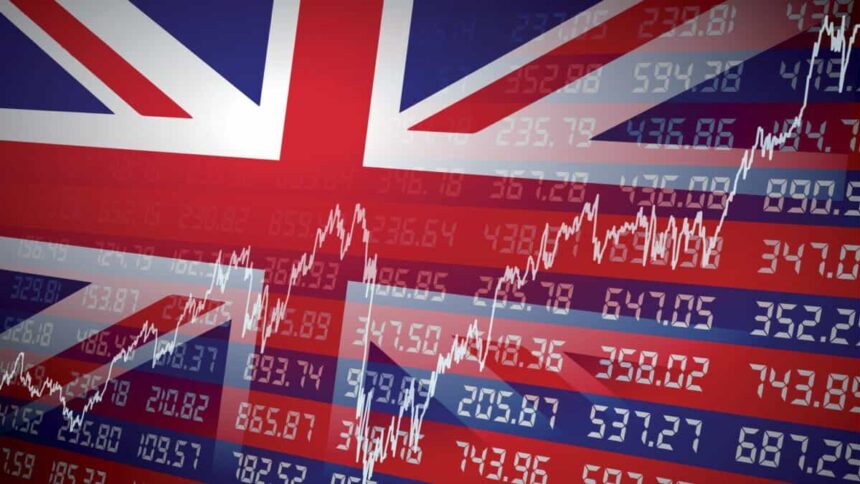Image source: Getty Images
Over the past 12 months, the S&P 500 is up 40% as investors have piled into US equities. With so much global capital flowing into mega-cap growth stocks, value investing principles have been ditched, and so too have other markets, including the FTSE 100. But nothing goes up forever, and I am of the belief that a rotation out of growth and into value stocks is where markets are heading in the years ahead.
Retail investors goals
I view the stock market as a vehicle for building wealth over time. But a recent poll of 2,000 US and UK retail investors by social trading platform eToro, cite differing primary investing motivations.
In the UK, it found that 42% of respondents invest to fund retirement. This compared to only 32% among US retail investors. US investors view the stock market more as a means of achieving financial independence, with 39% citing it as their main aim, compared to only 31% in the UK.
Value investing is timeless
What is instructive about this survey is that US investors concentrate much more on short- to medium-term goals. In a stock market that has become all about the movement in individual stock prices and less to do with underlying fundamentals of a business, this doesn’t surprise me.
Call me boring, but I see nothing wrong in investing in a business that posts steady profits year in, year out. A business that concentrates on reinvesting its profits and pays a dividend too. Indeed, this is the way it used to be, believe it or not.
Take Aviva (LSE: AV.), as an example. This is a business that can trace its roots back to 1696. In its more recent past, it has built a reputation for being unwieldy, with too many fingers in every pie. Yet, apart from a blip during Covid, its dividend has been growing steadily for years. And now under the stewardship of Amanda Blanc, is a far leaner, focussed company.
Despite it being a well-run company with bags of growth potential from mega trends like ageing demographics, it commands nothing like the valuations of companies that promise to grow to the sky.
Stock market bubble
When all is said and done, a stock market like the S&P 500, where only a handful of stocks (known as the Magnificent 7) have been responsible for most of the gains, simply cannot be sustained indefinitely. Indeed, the fate of the whole US market arguably rests on the shoulders of just one stock, Nvidia, which is absolutely crazy.
Investors are going to wake up one day and realise that the maths just no longer adds up. This is what happened in 2000 when the dot.com bubble burst. Analysts on Wall Street argue it’s different this time, as all the companies are profitable. Who are they trying to kid. As Warren Buffett once famously said, “price is what you pay, value is what you get”.
Today, investors are more interested in owning the promise of future value, rather than owning something of value. When they finally do rediscover such fundamental investing principles, there will be a stampede out of these overhyped technology names, mostly in the generative AI space. And upon such a move, the likes of the FTSE 100 will once again shine.











